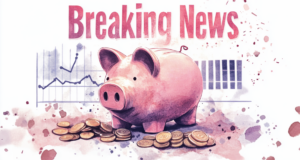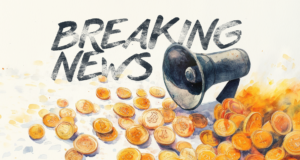Turkey’s Election Outcome Could Affect Crypto Industry’s Future

Today’s presidential elections in Turkey, where President Recep Erdogan faces strong rival Kilicdaroglu, could significantly impact the country’s financial landscape and cryptocurrency industry. The outcome of the elections could play a crucial role in determining the future financial landscape of the country, particularly in relation to the cryptocurrency industry.
On this page
Kilicdaroglu's political views contrast sharply with those of Erdogan. He has pledged to bring freedom and democracy to Turkey, aligning with the aspirations of the younger generation. In September 2021, Erdogan declared the government was at war with cryptocurrencies and had no plans to embrace them. Turkey is among several countries that have not implemented comprehensive regulation for the digital asset sector.
A victory for Kilicdaroglu could significantly boost Turkey's domestic cryptocurrency industry, as he has promised to encourage its growth. The candidate is also a proponent of Web3 technologies, stating, “As soon as we come to power, we will lift the PayPal ban and expand Web3 platforms. Entrepreneurial ecosystems will be our main stakeholders. We will put an end to the economic, scientific, and political stagnation in Turkey.”
Kilicdaroglu envisions a country where entrepreneurs and young people can thrive freely, working with the world's brightest minds to achieve this goal.
He has also criticized the central bank's decision to ban cryptocurrencies as a payment method within Turkey.
The content on The Coinomist is for informational purposes only and should not be interpreted as financial advice. While we strive to provide accurate and up-to-date information, we do not guarantee the accuracy, completeness, or reliability of any content. Neither we accept liability for any errors or omissions in the information provided or for any financial losses incurred as a result of relying on this information. Actions based on this content are at your own risk. Always do your own research and consult a professional. See our Terms, Privacy Policy, and Disclaimers for more details.


























